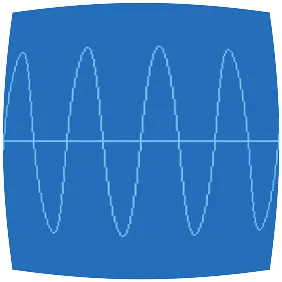Now, you need to figure out how to pilot this thing.
Day 2a
My solution:
export const d2a = ({input = inputs.d2, dbg}: DayProps) =>
R.pipe(
Array.from(input.matchAll(/(\w+)\s+(\d+)/g)),
R.map(m => ({dir: m[1], mag: parseInt(m[2])})),
R.reduce(
({x, z}, {dir, mag}) => ({
x: dir === 'forward' ? x + mag : x,
z: dir === 'up' ? z - mag : dir === 'down' ? z + mag : z,
}),
{x: 0, z: 0},
),
dbg,
({x, z}) => x * z,
)
I’m really liking how Remeda infers types down the pipe. While working on this with Neovim’s LSP support, it would highlight red anytime my anticipated input didn’t match the output of the previous function.
Here’s the result with the sample input:
and here it is with my input:
Day 2b
There’s something heartwarmingly familiar about this pattern in Advent of Code:
The commands also mean something entirely different than you first thought
Minor change to the reduction, nothing more:
export const d2b = ({input = inputs.d2, dbg}: DayProps) =>
R.pipe(
Array.from(input.matchAll(/(\w+)\s+(\d+)/g)),
R.map(m => ({cmd: m[1], n: parseInt(m[2])})),
R.reduce(
({x, z, aim}, {cmd, n}) =>
cmd === 'forward'
? {x: x + n, z: z + n * aim, aim}
: cmd === 'up'
? {aim: aim - n, x, z}
: {aim: aim + n, x, z},
{x: 0, z: 0, aim: 0},
),
dbg,
({x, z}) => x * z,
)
Sample result:
and my result:
